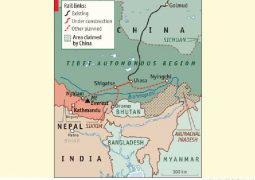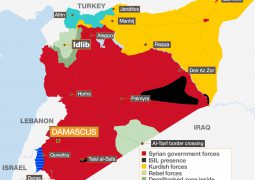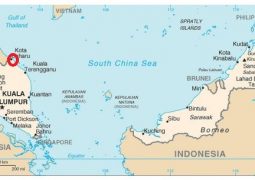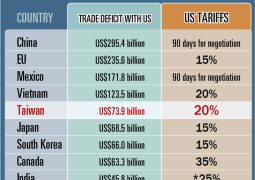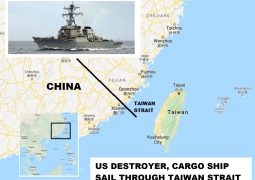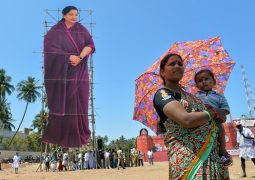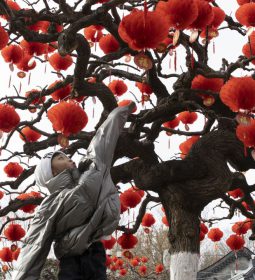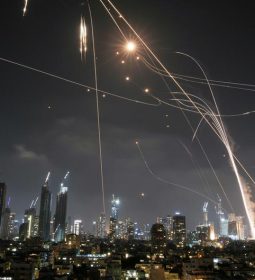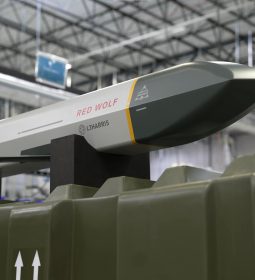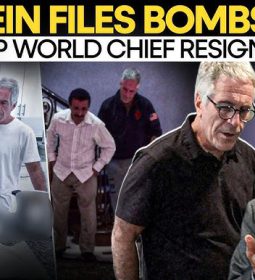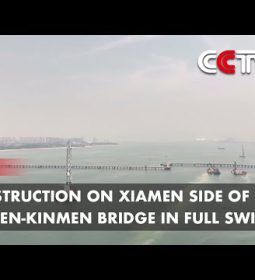Brits are unhappy for Turkey’s policy in Syria: Is EU need more refugees!?
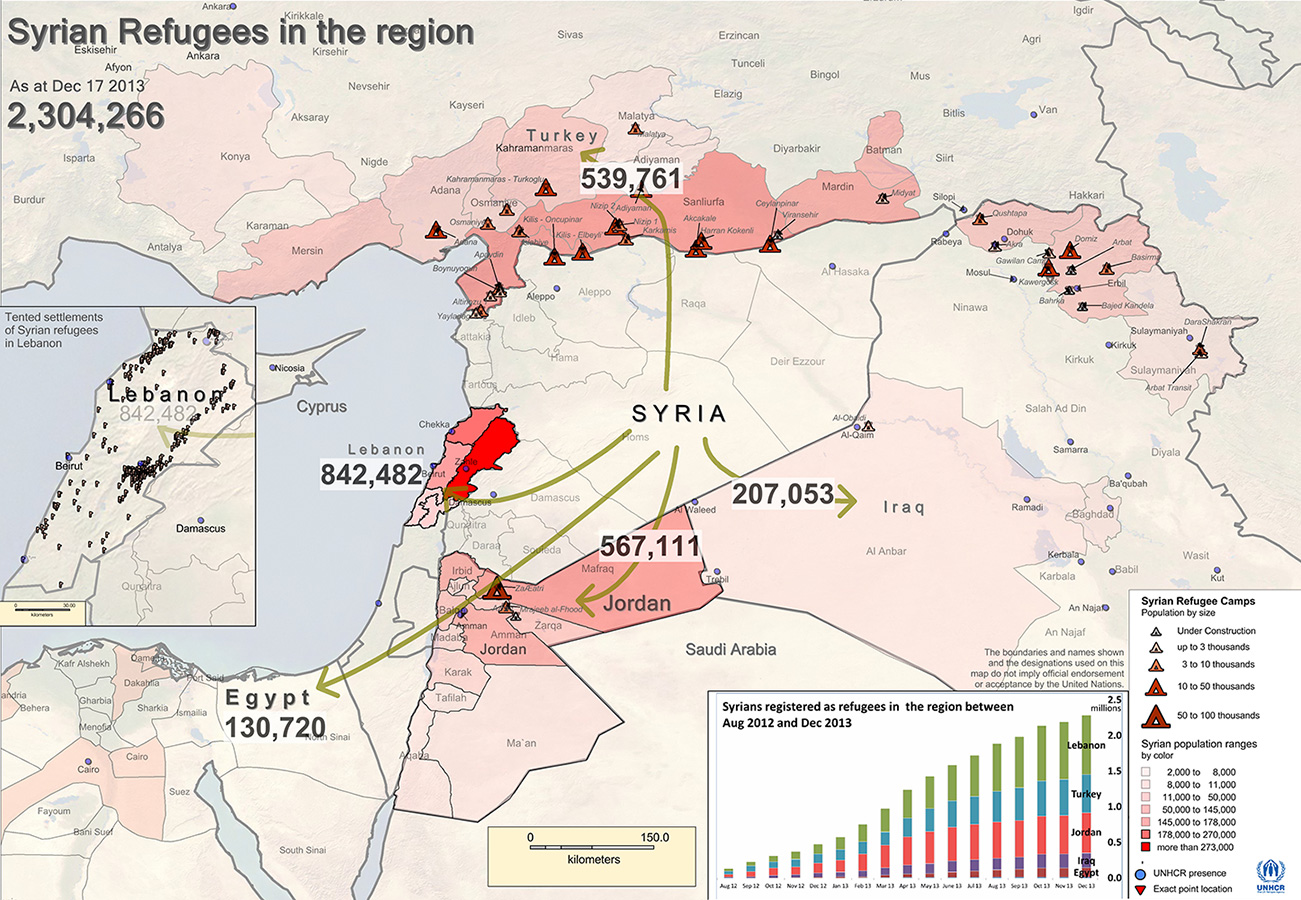
British experts say – Turkey is keeping the Syrian civil war alive
Ankara’s refusal to cede ground to Assad’s army in Idlib fuels fears that peace is far from imminent=

Turkish President Recep Tayyip Erdogan (left) and his Syrian counterpart Bashar al-Assad
With the brutal reign of the Islamic State brought to an end, other rebel groups crushed and Bashar al-Assad’s army slowly but surely regaining territory across the country, the Syrian civil war might appear to have entered its final phase.
Eight years since Syria began its descent into one of the costliest wars of the 21st century, the government’s remaining enemies have been forced into a corner: Idlib province, in the northwest of the country.
International media attention over the conflict has calmed, and an Assad victory now appears inevitable. Or that would be the case if it were not for Turkey.
This month, assaults by Assad’s army in the Idlib region were met with counter-attacks by rebel forces backed by Ankara, showcasing “Turkish resolve to keep the area” out of Assad’s hands, Reuetrs says.
“More than two months of Russian-backed operations in and around Idlib province have yielded little or nothing for Assad’s side,” the news agency adds. “It marks a rare case of a military campaign that has not gone his way since Russia intervened in 2015.”
Since the start of the Syrian civil war, Turkey has been one of the main backers of the Syrian opposition, and has fought alongside non-Kurdish factions such as the Free Syrian Army (FSA), DW reports.
But while Turkey could perhaps face international scrutiny for prolonging a costly and brutal war, the country’s motive for remaining in Syria and pushing back against Assad is – to Ankara at least – a legitimate one, motivated by decades of conflict with rebels within its own borders.
What is Turkey doing in Syria, and will it prolong the Syrian civil war?
How is Turkey involved in the war?
Deutsche Welle reports that Ankara initially conducted airstrikes against the Islamic State and other targets as part of the US-led coalition, as well as carrying out its own unilateral attacks against Kurdish opposition forces in northern Syria before sending ground troops into Kurdish territory.
Although Turkish troops have not engaged in direct combat with Assad’s forces, Turkey has supplied the National Front for Liberation (NFL) – an anti-Assad Syrian rebel group – with arms to repel the government offensive.
Ankara had been a close ally of Syria before the conflict began, but the outbreak of the war in 2011 saw Turkey become one of the most outspoken opponents of Assad and his use of violence to crush dissent.
The conflict between Syria and Turkey is mainly due to the latter’s desire to “enlarge its sphere of influence in northern Syria to prevent Kurdish autonomy in any form”, says the CFA.
Why does it oppose Kurdish control over Idlib?
Since 1978, Turkey has been embroiled in a protracted conflict with Kurdish militant groups within its borders, who have sought to create an independent state of Kurdistan. The most widely-known group of rebels is the Kurdistan Workers’ Party (PKK), considered a terrorist organisation by the Turkish government.
Turkey has thus launched an offensive into Idlib to prevent Syrian Kurds from gaining autonomy in any post-war settlement, justifying the incursion with the claim that the Syrian Kurdish opposition’s primary component – the Peoples’ Protection Units (YPG) – are part of the PKK.
The US initially backed Kurdish-led Syrian Democratic Forces (SDF) in the conflict, thereby straining relations with Ankara. But following US President Donald Trump’s surprising decision to remove all US troops from the country, relations between Turkey and the US briefly improved and allowed Ankara a clearer path to squash Kurdish resistance in Syria.
However, Trump then reversed the decision amid intense political pressure, souring the relationship once again, and matters were then complicated further by the unusual move by the Russian government to attempt to keep all sides sweet.
Will this prolong the war?
At present, it looks likely. The BBC reports that the Turkish assault “has opened a new front in a war that activists say has already cost more than 340,000 lives”.
With Turkey committed to fighting alongside the rebels in Idlib, the battle for the northwest of Syria “stands in stark contrast to a campaign in the southwest a year ago”, Reuters reports, when Western and Arab states stood by as Assad swept through the region to reclaim lost territory with little resistance.
The news agency suggests that Russia appears to be ensuring it has maximum leverage over Ankara, further weakening Turkey’s already frayed ties with Nato and Europe.
Russia has provided diplomatic and military support to Syrian Kurdish forces and the Assad regime for years, but Moscow now also “appears keen to preserve its ties with Ankara even as its air force bombs in support of Assad”, Reuters reports.
Although Moscow continues to provide the Assad regime with financial and military backing, Turkey says that Russia has helped prevent attacks on Turkish forces in Syrian government-held territory. As a result, “questions have arisen over whether Assad and his allies are entirely on the same page when it comes to the northwest, where Turkey has deployed forces in agreement with Russia and Iran”, the news agency adds.
And reports this week that Turkey has received parts for a state-of-the-art Russian S-400 surface-to-air missile system has further confused the fraught situation.
Many experts believe the Russian government sees Idlib as the perfect setting for a power play. “If [Vladimir] Putin can manage this complicated situation without a major confrontation between the Turks and Kurds, and between the Turks and Syrians, he will solidify his role as a regional leader,” the Council on Foreign Relations says.
The BBC’s diplomatic correspondent Jonathan Marcus believes that Ankara “seems to have decided that though its interests and those of Russians by no means coincide, the US is in retreat, and Russia is the regional player with which it must deal – at least for the time being.
“The fundamental question is where this potential crisis goes,” he says – yet few people appear to have an answer.
- Previous Papua New Guinea troop at the scene of brutal highlands massacre
- Next Malaysia’s population increased by 200 th. a year, is now estimated – 32.6 million



